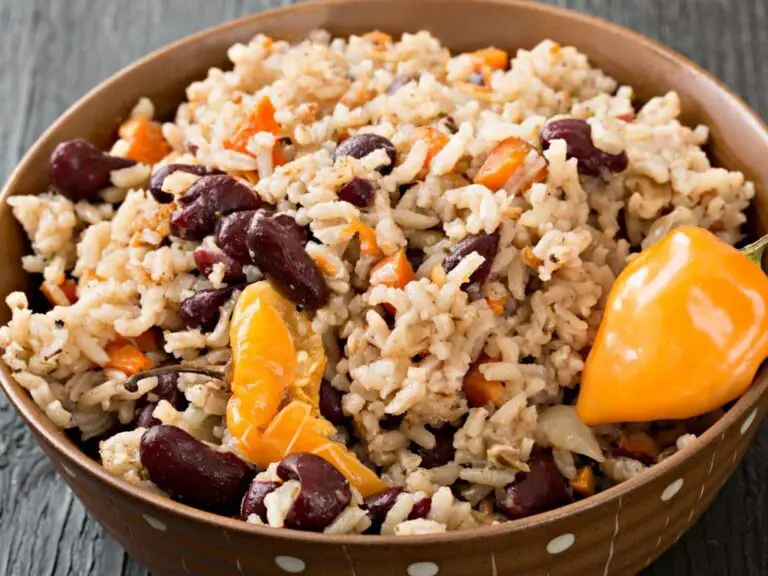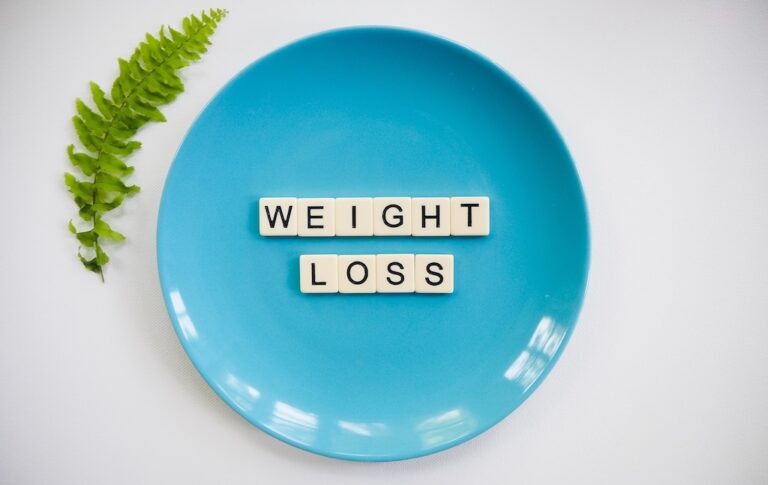Are Bananas Good For The Elderly?
Bananas are an excellent food choice for seniors. Packed with essential vitamins, minerals, and fiber, bananas offer a host of health benefits that can promote well-being as we age.
Yes, bananas are beneficial for the elderly due to their rich content of crucial vitamins and minerals. These include potassium and magnesium, which support heart health and blood pressure regulation; fiber for digestive health; Vitamin B6 and Vitamin C for a robust immune system and mood regulation. Moderate consumption of 1-2 bananas per day can help enhance the overall well-being of seniors.

What are the health benefits of bananas for the elderly?
Bananas contain high levels of potassium and magnesium, which contribute to heart health and help regulate blood pressure. The fiber in bananas aids digestive health and prevents constipation. Vitamin B6 and Vitamin C support the immune system and mood regulation.
How do potassium and magnesium in bananas contribute to heart health and blood pressure regulation?
Bananas are rich in potassium and magnesium, providing 422mg and 32mg per medium fruit respectively. Potassium helps regulate fluid balance, nerve transmission and muscle contraction. It also reduces the effects of sodium on blood pressure. Magnesium relaxes blood vessels and balances calcium channels to support healthy blood pressure. Together, these minerals reduce strain on the cardiovascular system.
As we age, maintaining proper potassium and magnesium levels is essential for heart rhythm and function. Bananas are a tasty way for seniors to increase intake of these nutrients linked to reduced risk of high blood pressure, stroke and heart disease.
How does the fiber content in bananas aid in digestive health and prevent constipation?
Bananas are a good source of fiber, with over 3g per medium banana. Fiber normalizes bowel movements and prevents constipation by adding bulk to stool and stimulating peristaltic motion.
Many seniors suffer from chronic constipation due to reduced physical activity, some medications, and diets lacking in fiber-rich plant foods. Bananas are a handy, portable snack that can relieve constipation and keep bowels regular. Their pectin fiber also acts as a prebiotic to feed healthy gut bacteria.
What roles do Vitamin B6 and Vitamin C play in supporting the immune system and mood regulation?
Bananas provide over 30% of the RDI for Vitamin B6 per serving. Vitamin B6 supports immune function by aiding the production of lymphocytes – white blood cells that protect the body from illness and infection. Vitamin B6 also influences mood by regulating neurotransmitters like serotonin and dopamine in the brain.
Additionally, bananas are high in Vitamin C, an essential antioxidant that boosts immune defenses. Vitamin C deficiency is linked to increased infection risk and delayed wound healing. Consuming enough Vitamin C is vital for seniors to maintain resilience against disease. The combination of Vitamins B6 and C also helps regulate stress hormones that influence mood and sleep quality.
How many bananas should an elderly person eat per day?
The recommend daily intake is 2-4 servings of fruit for seniors, meaning 1-2 medium bananas per day is a healthy goal. Spreading consumption throughout the day – enjoying one banana at breakfast and another as an afternoon snack – will provide a consistent intake of nutrients.
Moderation is key, as bananas are still high in natural sugars. Limiting bananas to 1-2 a day prevents an excessive spike in blood sugar levels. For seniors with diabetes, portion control is essential. Checking with a doctor about appropriate carbohydrate limits from fruit is advised.
Are there any risks associated with eating too many bananas for seniors?
Eating more than 9-10 bananas per day can cause hyperkalemia, or excess potassium in the blood. This may negatively interact with certain medications seniors take like blood pressure drugs or diuretics. Without proper kidney function to flush out excess potassium, dangerously high levels can develop – leading to heart palpitations or arrhythmia.
The fiber content in too many bananas may also exacerbate gastrointestinal issues like IBS or diverticulitis. Starting slowly and monitoring digestion when adding more bananas into the diet is recommended.
Those with latex allergies may also have cross-reactivity to bananas. Oral allergy syndrome, hives, wheezing and swelling of the lips or throat are possible symptoms. Seniors with banana allergy should avoid consumption.
Overall, side effects from excessive banana intake are rare when eaten in normal amounts of 1-2 per day. But it’s still smart for seniors to check with a doctor before dramatically increasing fruit consumption.
What are some other fruits that are good for the elderly?
In addition to bananas, other fruits loaded with age-defying nutrients include:
- Berries like blueberries, blackberries and strawberries which contain anthocyanins that improve cognition, memory and motor skills. The antioxidant power of berries also delays mental decline.
- Oranges packed with immunity boosting Vitamin C and eye-protecting compounds lutein and zeaxanthin. The fiber and potassium in oranges also promote heart health.
- Prunes uniquely high in antioxidants that combat inflammation underlying age-related diseases. Their fiber and sorbitol content also relieves constipation.
- Apples full of quercetin, which may protect against neurodegenerative diseases like Alzheimer’s. Pectin fiber feeds gut microbiota, important for healthy immunity and digestion.
- Pineapple containing bromelain, an enzyme that reduces joint inflammation, swelling and pain associated with arthritis. Their vitamin C aids collagen production.
How can healthy eating for the elderly help prevent age-related health conditions?
A diet centered around fruits, vegetables, lean proteins and whole grains provides protective compounds that keep the body resilient against disease.
Antioxidants from produce neutralize cell-damaging free radicals linked to cancer, heart disease, Alzheimer’s, vision loss and accelerated aging. Fiber improves cholesterol levels and gut health, lowering heart attack risk and inflammation. Essential vitamins and minerals boost immunity, cognition, bone density and more.
Overall, a nutrient-dense diet enhances healthspan – the number of years lived in good health before infirmities arise. Committing to healthy eating, along with exercise and lifestyle factors, allows seniors to enjoy an active, engaged quality of life well into old age.
Can bananas alleviate symptoms of anxiety, depression, and sleep disorders in seniors?
Yes, bananas contain several compounds and nutrients that positively influence mood and sleep quality in the elderly.
Tryptophan, an amino acid in bananas, boosts serotonin production in the brain for improved relaxation and sleep. Magnesium also calms the nervous system and aids sleep.
Vitamin B6 regulates production of serotonin and GABA – neurotransmitters that control mood and stress response. This vitamin deficiency is tied to depression. Consuming bananas daily can help stabilize mood.
Potassium lowers cortisol and blood pressure spikes induced by stress. Reduced anxiety and lower stress hormone levels will support sounder sleep.
Melatonin production also diminishes as we age. Eating bananas a few hours before bed may boost melatonin levels for easier sleep onset and higher quality rest.
How can incorporating bananas into a nutrition plan for seniors promote overall well-being?
As a versatile, affordable and easily digestible fruit, bananas are one of the best choices seniors can make for supporting whole-body health. Here are some tips for enjoying bananas as part of a senior-friendly diet:
- Start your day with sliced bananas over oatmeal, yogurt or whole grain cereal for sustained energy and fullness.
- Pack a banana in your bag for an on-the-go potassium boost to maintain muscle function and stabilize blood pressure.
- Blend frozen bananas into smoothies along with protein powder or nut butter for a filling, nutritional breakfast or snack.
- Spread peanut or almond butter on bananas for a pre-bedtime treat that contains tryptophan to aid sleep.
- Bake ripe bananas into breads, muffins or pancakes for a delicious way to increase fiber intake.
- Enjoy frozen bananas drizzled in dark chocolate for a decadent dessert that delivers antioxidants.
- Mash a ripe banana and combine with eggs to make pancakes or banana bread with less added sugar or oil.
Incorporating one or two bananas into your daily meal plan provides a simple yet powerful way to promote cardiovascular health, regulate digestion, enhance immunity and cognition, improve mood, and support overall vitality during your golden years.
Frequently Asked Questions
-
Is banana good for elderly?
Bananas can be a good choice for seniors because they are known to ease anxiety, depression and improve sleep quality. Bananas can be tolerated by older adults who have emotional issues.
-
How often should a woman take a bath?
For most, this is fine. It is possible to bathe 2-3x per week, which can be just as beneficial for your health and the environment.
-
How do you gain strength at 70?
For older adults, strength training is key to muscle growth. This is best done slowly and with lighter weights. Your muscles will work harder if you move slowly with lighter weights. You don’t need a set weight to do resistance exercise like push-ups or squats if you don’t have any.
-
How active should a 75 year old be?
Adults 65 years and over need to exercise at least 150 minutes per week. This could be 30 minutes each day or 5 days a weeks of moderate activity like walking. They also need to do 75 minutes per week of intense activity like running, jogging or hiking.
-
Is it better to shower in the morning or at night?
According to Dr. Goldenberg, humans tend to sweat at night. You wake up every morning with all the sweat, bacteria and germs from your sheets still on your skin. He suggested that you take a quick shower to get rid of all the sweat and gunk that has been building up over night.
-
What should you not drink before bed?
Before bed, avoid caffeine-rich drinks. Drinks that contain caffeine can cause us to feel awakened and disrupt our sleep. Avoid caffeine-rich drinks such as tea, coffee and energy drinks.
-
What should I do with my life at 70?
Higher energy, better health, restful sleep, etc. You can move with minimal impact by swimming, biking, walking and aerobics. Participating in any or all these activities can help you feel healthier and bring back your youthful energy.
-
What does a 70 year old man want in a relationship?
Do not be too serious. Relax and find companionship that is based on common values and interests. Women with humor are more attractive to older men. Use it if you have one.
-
Why am I so stiff after sitting for awhile?
Muscle stiffness can be caused by a variety of factors. You might feel stiff after prolonged inactivity. Muscle stiffness is most commonly caused by strains and sprains. Pain can also be caused by strains or strains due to activity.
-
How long will an 85 year old live?
The average American life expectancy is six years after age 85. A 85-year old has a 75% chance of remaining alive for another 3 years. However, only 1 in 4 people will survive to 10.






